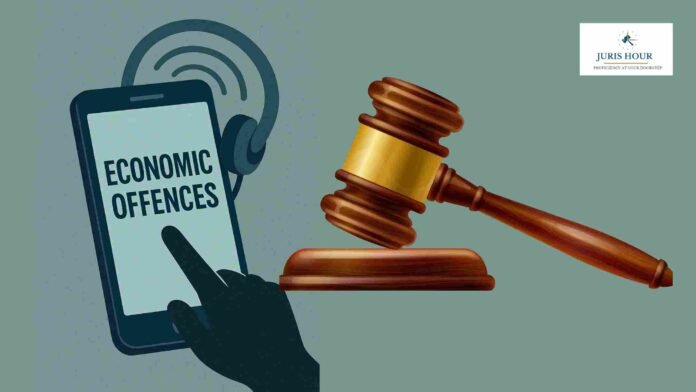In a landmark ruling that strengthens the constitutional right to privacy, the Madras High Court has struck down a phone interception order issued by the Ministry of Home Affairs (MHA), declaring it “unconstitutional, without jurisdiction, and in complete violation of procedural safeguards.”
The judgment, delivered in WP No. 143 of 2018, revolved around the case of P. Kishore, who was accused of bribery and tax evasion. His phone had been tapped by the Central Bureau of Investigation (CBI) based on an order from the MHA. The High Court, however, found that the interception order failed to meet the strict constitutional and statutory requirements under Section 5(2) of the Indian Telegraph Act, 1885.
Right to Privacy as the Core Issue
The Court reaffirmed that the right to privacy is an essential facet of the right to life and liberty under Article 21 of the Constitution. It stressed that telephone conversations, often intimate and confidential, fall squarely within the scope of this protection.
“Tapping a person’s phone is a serious invasion of privacy,” the Court observed, adding that such intrusion is permissible only when backed by law and under extraordinary circumstances like a public emergency or threats to public safety.
Court’s Key Findings
The High Court analyzed the interception order against the constitutional and statutory framework and highlighted several critical lapses:
- Failure to Establish Preconditions: The MHA’s order merely repeated the wording of Section 5(2) without citing any facts that could justify a “public emergency” or a concern for “public safety.” The Court emphasized that corruption and tax evasion, while serious, cannot be equated with threats to sovereignty, integrity, or public safety.
- Misuse of Law for Covert Operations: The tapping was carried out as a covert crime-detection tool, which directly contradicts the law’s intent. “Public emergency and public safety are not secretive conditions; they must be apparent to a reasonable person,” the judgment noted.
- Breach of Procedural Safeguards: The intercepted material was never placed before the Review Committee as required under Rule 419-A of the Telegraph Rules, 1951. The Court termed this a “fatal violation” of mandatory safeguards.
- Illegality of Evidence: Since the interception itself was unconstitutional, all call records obtained through it were declared inadmissible. The Court made it clear that no rights or liabilities can flow from an unlawful order.
Admissibility of Evidence and Legal Shift
In rejecting the admissibility of the tapped conversations, the Court distinguished this case from older precedents such as R.M. Malkani v. State of Maharashtra and Pooran Mal v. Director of Inspection. Those rulings had allowed illegally collected evidence, but they were decided before the Supreme Court’s landmark 2017 judgment in K.S. Puttaswamy v. Union of India, which explicitly recognized privacy as a fundamental right.
Final Order
The High Court quashed the interception order dated August 12, 2011, declaring it unconstitutional. It directed that the tapped conversations cannot be used for any purpose whatsoever. However, the Court clarified that other evidence collected independently by the CBI could still be examined by the trial court.
Case Details
Case Title: P. Kishore Versus The Secretary to Government of India
Case No.: Writ Petition No.143 of 2018 & WMP.Nos.206 & 207 of 2018
Date: 02.7.2025
Read More: India Initiates Anti-Dumping Probe on Imports of Ethambutol Hydrochloride from China and Thailand

